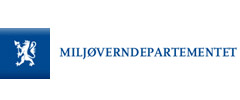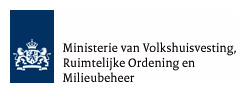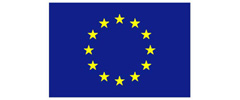Pesticides and harmful chemicals cause more than 900,000 deaths annually
In Africa consequences of the use of pesticides constitute third largest health cost after HIV/AIDS and malaria
18.10.2012 |

ICCM and SAICM global negotiations in Nairobi
Many of these chemicals are produced in the North, in the USA or Europe, - many of these pesticides and chemicals have been forbidden in the North -- but continue to be exported to developing countries.
Even at the last ICCM and SAICM global negotiations in Nairobi, where WECF took part with a delegation of member organisations, governments could not agree to ban the 7 most harmful pesticides.
The estimated costs of poisonings from pesticides in sub-Saharan Africa now exceeds the total annual overseas development aid given to the region for basic health services, excluding HIV/AIDS. Between 2005 and 2020, the accumulated cost of illness and injury linked to pesticides in small scale farming in sub-Saharan Africa could reach USD $90 billion.
Estimates for selected chemicals (including pesticides) involved in unintentional acute and occupational poisonings, a limited number of occupational carcinogens and particulates and lead, correspond to a total of 964,000 deaths and 20,986,153 DALYs, corresponding to 1.6% of the total deaths and 1.4% of the total burden of disease worldwide. To compare, among the global top ten leading causes of death in 2004, HIV/AIDS caused 2 million deaths, tuberculosis caused 1.5 million deaths, road traffic accidents caused 1.27 million deaths, and malaria caused 0.9 million deaths (WHO, 2008).
Please read the article published by SustainLabour for more information:
Related News
Meet the Winners of the Gender Just Climate Solutions Award at COP24
On the 70th anniversary of the Universal Declaration of Human Rights, we awarded Gender Just Climate Solutions Winners at the climate negotiations in Katowice, Poland
11.12.2018
Invitation: Gender Just Climate Solutions Award 2018
10 December, COP24 Katowice
04.12.2018
Getting to the Future We Want
4-7 November, Brussels: European Environmental Bureauís (EEB) Annual Conference
12.11.2018
GoodFood4All
WECF and partners all over Europe start GoodFood4All Campaign
06.11.2018
#Ruralwomen: join our Women2030 campaign!
15.10.2018







































